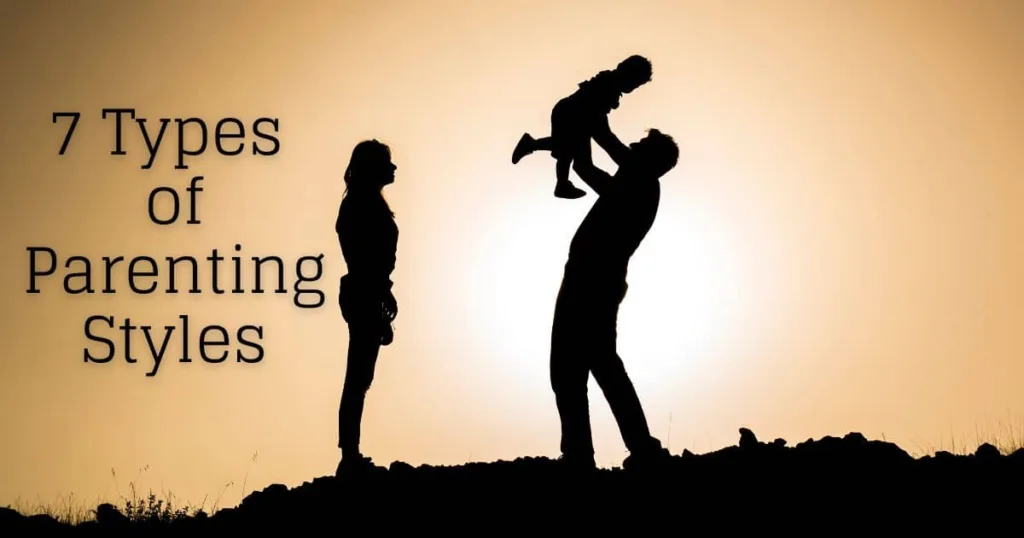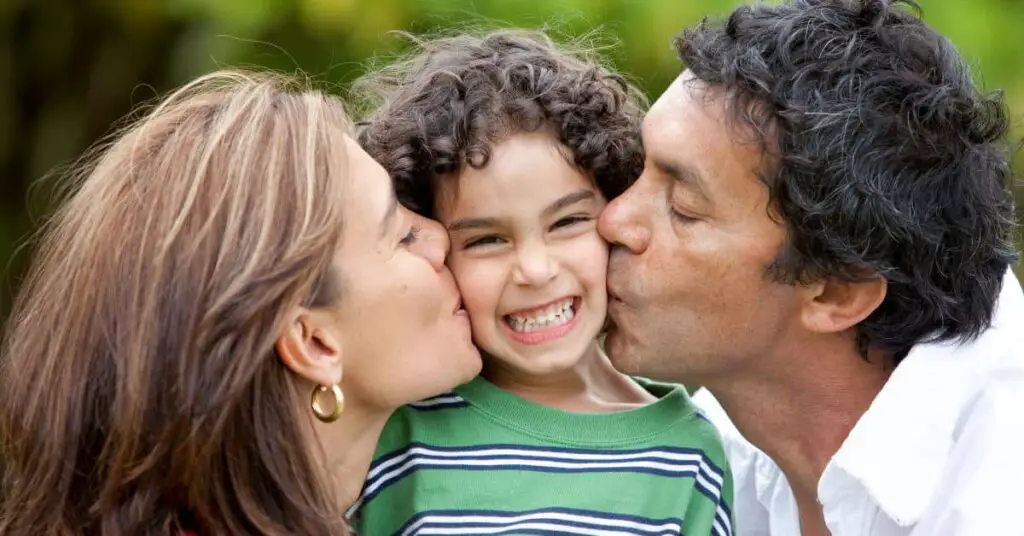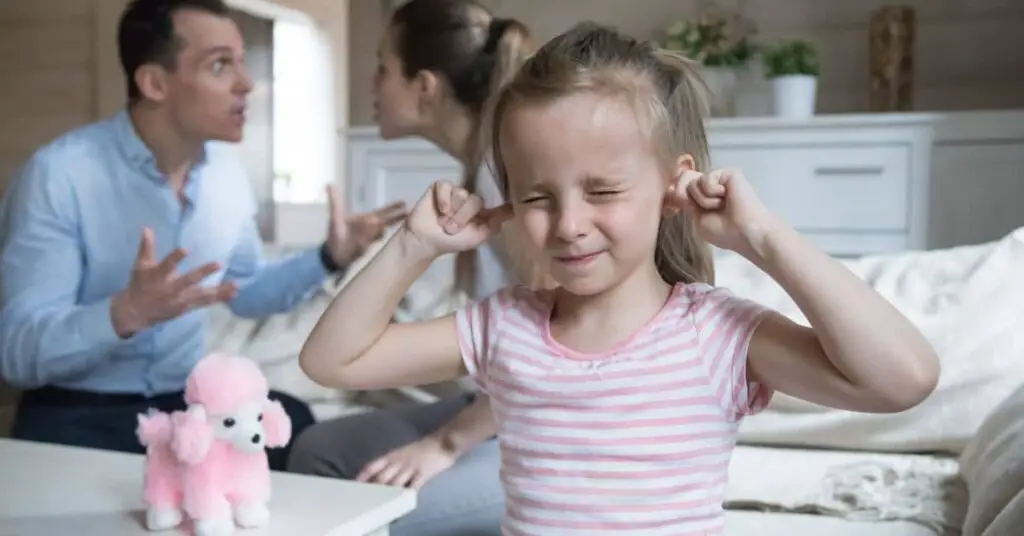Parenting styles refer to the combination of strategies that parents use to raise their children. Your parenting style can profoundly impact your child’s development and well-being. Researchers have identified 7 major types of parenting styles:
Authoritative Parenting
Authoritative parenting combines high expectations with warmth, sensitivity, and flexibility. Authoritative parents set reasonable limits and enforce rules firmly yet fairly. They expect mature behavior from their kids but remain nurturing, responsive, and willing to listen.
This parenting style is associated with positive outcomes, including:
- Higher self-esteem and happiness
- Better social skills
- Stronger self-regulation
- Higher academic achievement
- Lower rates of depression and anxiety
Authoritarian Parenting
Authoritarian parenting emphasizes rigid rules and harsh discipline. Authoritarian parents demand obedience and offer little open communication. They provide few explanations for their expectations. This strict approach can undermine kids’ self-esteem.
Children of authoritarian parents are more likely to:
- Struggle with mental health issues
- Exhibit aggressive behavior
- Have lower academic performance
- Engage in misconduct and substance abuse
Permissive Parenting
Permissive parents make few demands and give kids excessive freedom. They avoid confrontation and are highly responsive to their kids’ desires. Permissive parenting can lead children to be impulsive, egocentric, and lack self-control.
Downsides of permissive parenting include:
- Poor emotional regulation
- Aggression and defiance
- Lack of self-discipline
- Low self-esteem
Uninvolved Parenting
Uninvolved parents provide for their children’s basic needs but are detached from their lives. They lack warmth, are unresponsive to misbehavior, and do not communicate openly. This style is linked to adverse outcomes:
- Low self-esteem
- Poor mental health
- Academic struggles
- Increased risk of delinquency
Intrusive Parenting
Intrusive parents exert excessive control over their child’s life. They closely monitor all activities and frequently intervene, leaving kids little room for independence. This helicopter parenting style can undermine self-efficacy.
Children of intrusive parents are more likely to:
- Fear failure
- Struggle with stress
- Have poor coping skills
- Exhibit anxious or depressed moods
Unconditional Parenting
Unconditional parents offer affection and support regardless of their child’s actions. They avoid punishment and leverage natural consequences instead. This nurturing approach promotes security but may need more structure.
Potential downsides include:
- Lack of discipline
- Poor frustration tolerance
- Egocentrism
- Difficulty following rules
Trustful Parenting
Trustful parenting focuses on cultivating mutual respect between parent and child. Trustful parents provide guidance but also listen to their kids’ input. They allow appropriate freedom and teach accountability. This style promotes:
- Strong decision-making skills
- Intrinsic motivation
- Self-discipline
- Responsibility
- Independence
The quality of parenting you provide profoundly impacts your child’s well-being and development. While no style is perfect, an authoritative approach that balances warmth, sensitivity, and structure tends to yield the best results. Work to build a nurturing relationship grounded in open communication and mutual respect.
A Word From Papa Parenting
At Papa Parenting, we believe effective parenting stems from a place of unconditional love and compassion. Stay patient, be present, and keep an open mind. With empathy and care, you can gain insight into their world and discover the best way to offer them guidance. Parenting is a journey of growth for both you and your child.

I’m Mithun Debnath, a dedicated dad and the founder of Papa Parenting. I’m here to share my parenting journey, tips, and insights to make your life as a parent a little easier. Join me as we navigate the adventures of fatherhood together.






